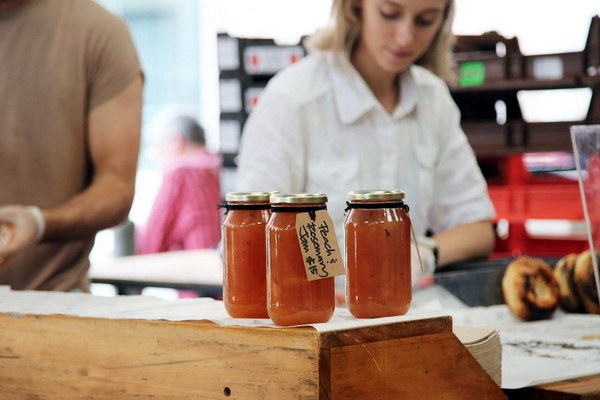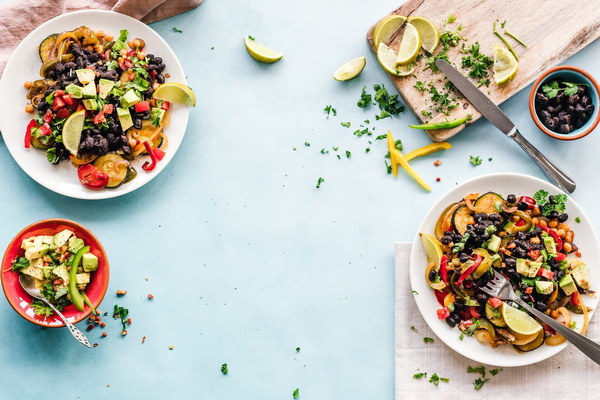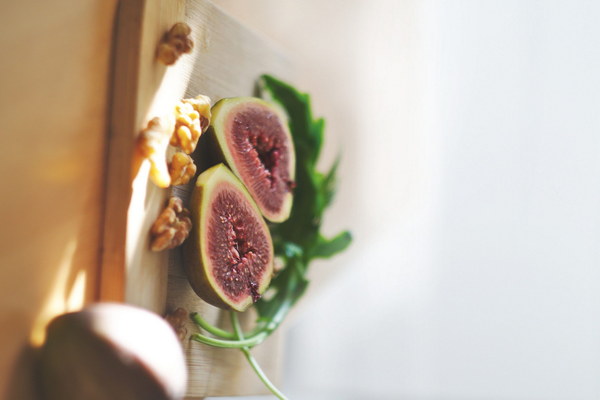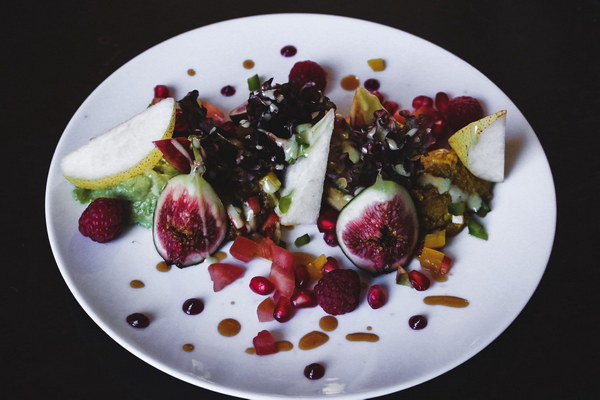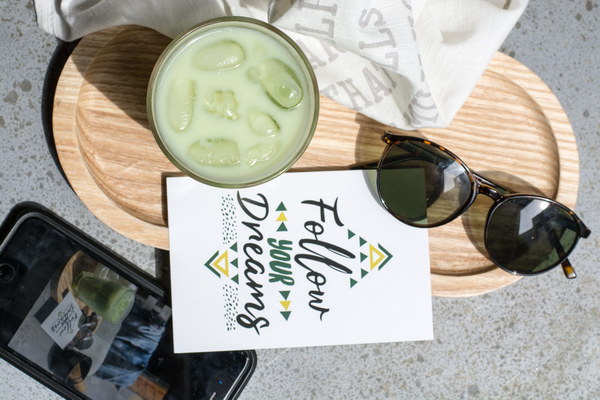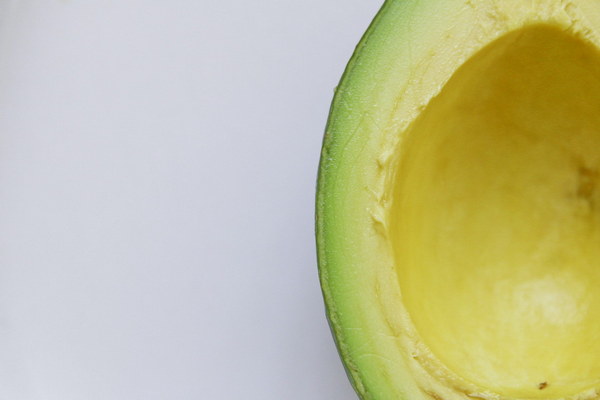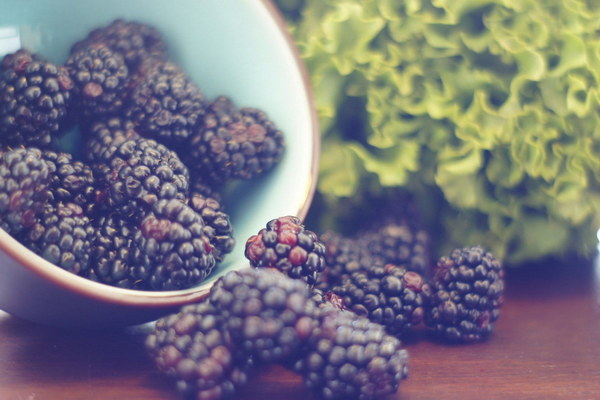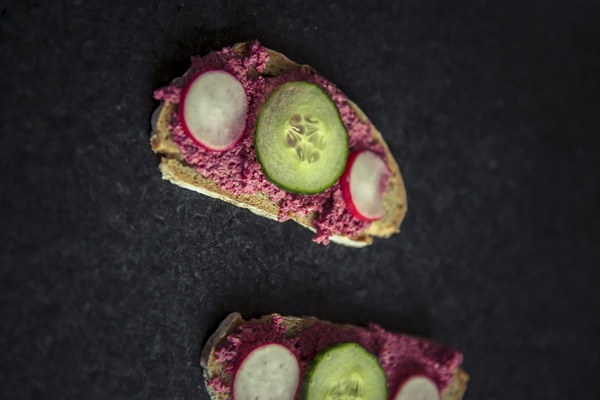Breathe Easier Unveiling the Art of Cleverly Clearing Lung Heat
In the realm of traditional Chinese medicine, the concept of lung heat (fei re) is a common ailment that can manifest through symptoms such as a dry cough, sore throat, and difficulty breathing. It occurs when the body's internal balance is disrupted, leading to an excess of heat accumulating in the lungs. The art of cleverly clearing lung heat involves a harmonious blend of herbal remedies, diet, and lifestyle adjustments. In this article, we will explore the intricate methods to alleviate lung heat and restore respiratory balance.
Herbal Remedies: Nature's Lung Coolers
The cornerstone of traditional Chinese medicine lies in the use of herbs to address various health conditions. When it comes to lung heat, certain herbal blends have been found to possess cooling properties, effectively reducing inflammation and alleviating symptoms. Here are some notable herbal remedies:
1. Elderberry (Sambucus nigra): This fruit not only adds a delightful touch to herbal teas but also has potent antiviral and antibacterial properties that help combat lung infections.
2. Licorice Root (Gancao): Often used as a sweetener, licorice root has demulcent properties that can soothe the throat and help reduce inflammation.
3. Peony (Paeonia lactiflora): A well-known herb for its cooling properties, peony can help alleviate lung heat by expelling heat from the body.
4. Platycodon Grandiflorus (Jie Geng): This herb has expectorant properties, making it ideal for clearing out mucus and reducing the severity of coughs.
Dietary Adjustments: Cooling Foods for the Lungs
In addition to herbal remedies, dietary adjustments can play a significant role in managing lung heat. By incorporating cooling foods into your diet, you can help balance your body's internal heat and promote overall respiratory health. Here are some cooling foods to consider:
1. Watermelon: High in water content, watermelon can help hydrate the body and promote the elimination of excess heat.
2. Cucumber: This refreshing vegetable contains compounds that can help reduce inflammation and support lung health.
3. Green Tea: Rich in antioxidants and polyphenols, green tea can aid in cooling the body and supporting respiratory function.
4. Almonds: These nuts contain vitamin E and magnesium, which can help reduce inflammation and support lung function.
Lifestyle Adjustments: Breathing Techniques for Lung Heat
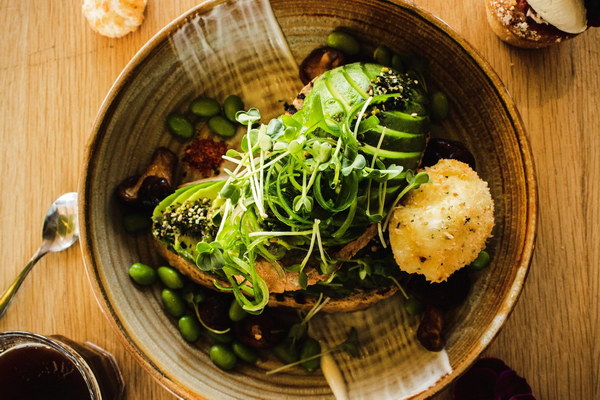
The ancient practice of tai chi and qigong offers various breathing exercises that can help clear lung heat. These techniques focus on the breath's flow and rhythm, promoting relaxation and reducing stress. Here are a few breathing exercises to try:
1. Diaphragmatic Breathing: Lie on your back with your hands on your abdomen. Inhale deeply through your nose, allowing your abdomen to expand. Exhale slowly through pursed lips, while gently pressing on your abdomen to expel air.
2. Alternate Nostril Breathing: Sit comfortably with your hands on your lap. Close your right nostril with your right thumb and inhale through your left nostril. Close your left nostril with your ring finger and exhale through your right nostril. Repeat this cycle for several minutes.
3. Deep Breathing: Stand or sit in a comfortable position and take a deep breath in through your nose, filling your lungs completely. Hold the breath for a few seconds, then exhale slowly through your mouth, releasing the tension in your body.
Conclusion
Cleverly clearing lung heat is a multifaceted approach that combines herbal remedies, dietary adjustments, and lifestyle changes. By incorporating these practices into your daily routine, you can help alleviate the symptoms of lung heat and restore your respiratory balance. Remember, it's always best to consult with a healthcare professional before starting any new treatment or making significant changes to your lifestyle. With patience and dedication, you can breathe easier and enjoy a healthier, more balanced life.
